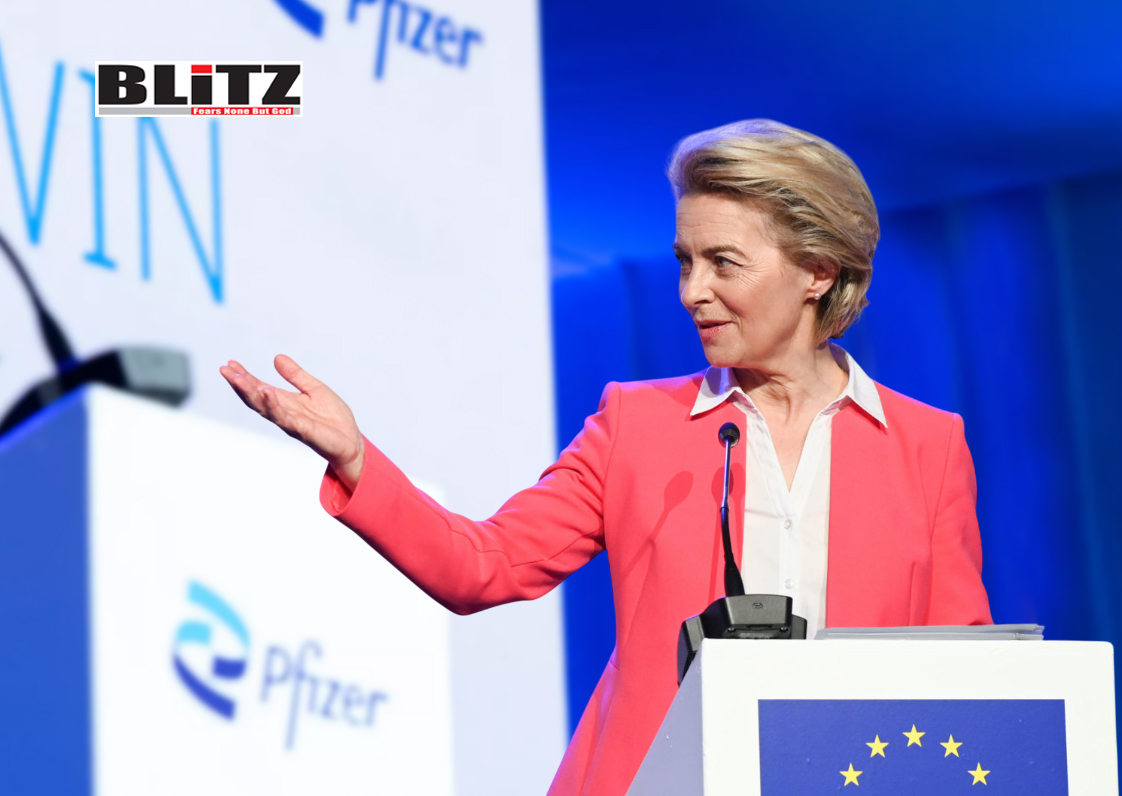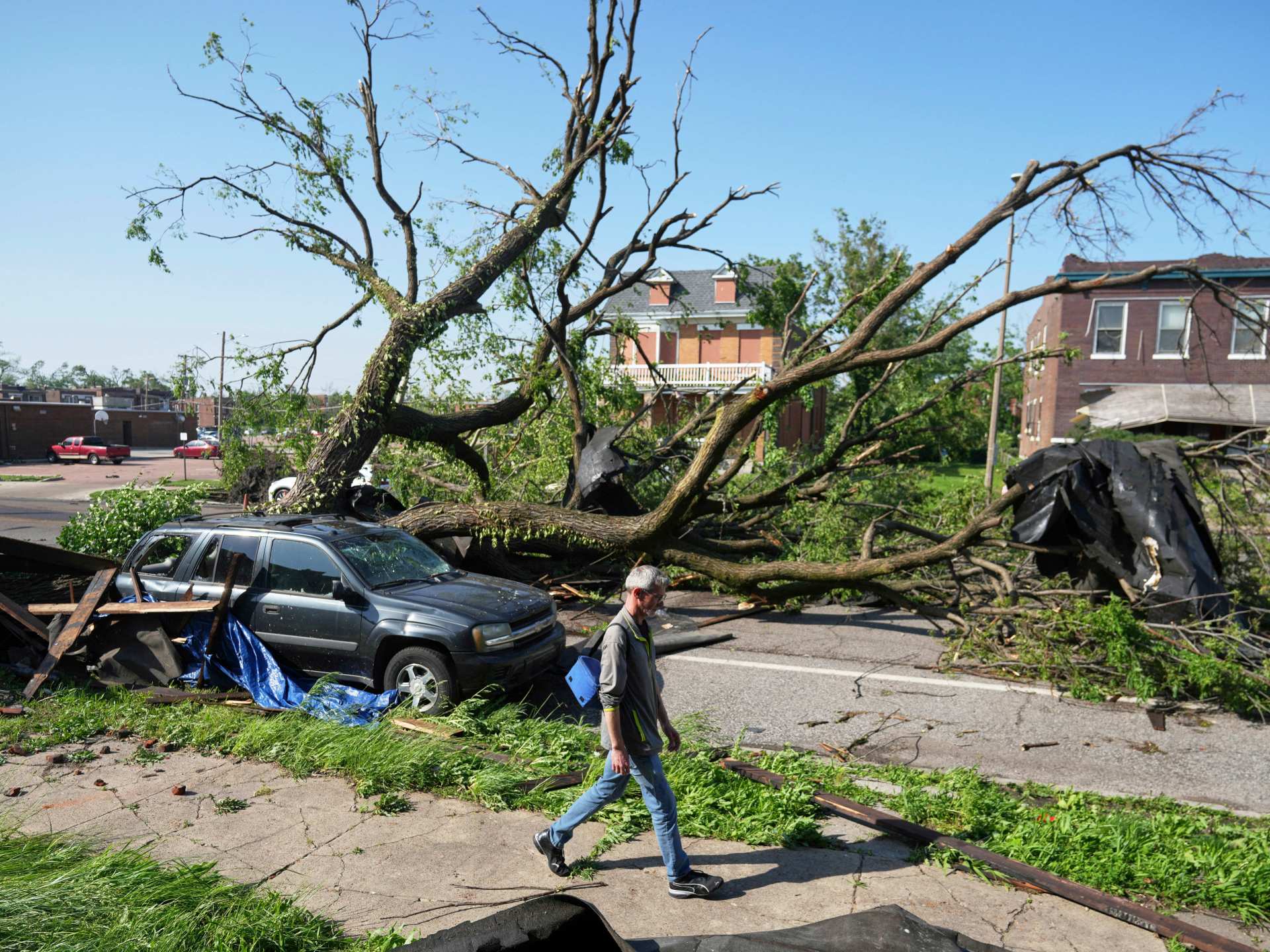Ursula von der Leyen, President of the European Commission and the unelected figurehead of the European Union’s executive branch, has long postured as a paragon of transparency. In speech after speech, she has advocated for openness in governance, portraying the EU as a bulwark against the murky dealings of autocratic regimes. Yet, a recent ruling from the European Court of Justice (ECJ) has cast a harsh light on von der Leyen’s own conduct-exposing a glaring contradiction between her rhetoric and reality.
At the center of the scandal are a series of text messages allegedly exchanged between von der Leyen and Pfizer CEO Albert Bourla during the height of the Covid-19 pandemic. These messages reportedly played a key role in securing a colossal deal for 1.8 billion doses of Pfizer’s Covid vaccine. The problem? When asked to produce these texts, von der Leyen’s Commission essentially shrugged and claimed they had disappeared.
This is not just a matter of poor recordkeeping-it’s a matter of democratic accountability. The ECJ has now ruled that von der Leyen and her Commission failed to provide a “plausible explanation” for the disappearance of the texts and acted inappropriately by treating them as inconsequential. In doing so, the court upheld the New York Times’ right to access these records, recognizing that communications of this nature-conducted in the public interest and involving billions of taxpayer euros-must be subject to public scrutiny.
Von der Leyen’s fall from her self-fashioned pedestal is particularly jarring given how aggressively she has championed transparency. In her 2023 State of the European Union address, she warned about autocracies eroding democratic institutions from within and called for absolute openness. Going even further back, in 2019 she instructed all EU Commissioners to “be more transparent” and pledged that transparency would be a cornerstone of her administration.
But while her speeches were heavy on moralistic overtures, they now appear to be little more than theater. Behind closed doors, von der Leyen conducted informal negotiations with one of the world’s most powerful pharmaceutical companies via text and private phone calls, bypassing formal procurement protocols and sidelining broader institutional checks.
These weren’t trivial exchanges. According to the New York Times, von der Leyen personally led the “personal diplomacy” that led to a mega-contract with Pfizer. Her close rapport with Bourla, and the resulting deal worth €71 billion for vaccines from Pfizer and AstraZeneca, was praised as a diplomatic success at the time. But that narrative is unraveling as more details-or rather, the absence of them-come to light.
The Commission’s excuse for not producing the text messages was as flimsy as it was audacious. Essentially, it argued that the texts were too “short-lived” and “ephemeral” to qualify as official documents, and therefore didn’t need to be archived or disclosed. This, despite the fact that these messages were directly tied to one of the most significant public procurement deals in the EU’s history.
The ECJ wasn’t buying it. In its ruling, it found that the Commission had failed to offer a credible explanation for the disappearance of the messages and had no right to unilaterally decide their importance. Public institutions, the court stressed, cannot operate under a cloak of selective transparency-where only information that paints them in a good light is preserved.
The decision is a blow not only to von der Leyen’s credibility but to the entire European Commission’s approach to governance during the pandemic. The court’s message is clear: public accountability is not optional.
The fallout from these secretive deals has already become evident. Across the EU, countries are sitting on mountains of surplus vaccine doses that they no longer need or cannot use. Germany alone has reportedly discarded around 200 million doses. Governments in Poland, Bulgaria, Hungary, Lithuania, Estonia, Slovakia, and the Czech Republic are now pressing Brussels to renegotiate the terms of these deals. But renegotiation is difficult when even EU member states are kept in the dark about what was agreed upon.
Adding insult to injury, the European General Court-the EU’s second-highest legal body-ruled last year that the Commission had unlawfully limited public access to vaccine procurement contracts. The court found that there was no compelling evidence that greater transparency would have harmed the commercial interests of the companies involved. In other words, the EU’s secrecy wasn’t protecting sensitive business information-it was shielding its own actions from scrutiny.
This raises a chilling question: how many other backroom deals might have been made under similar conditions?
It’s not as though this is the first time von der Leyen has been implicated in questionable dealings. Her tenure as Germany’s defense minister from 2013 to 2019 was plagued by scandals involving the mishandling of defense contracts. A 2015 investigation by the Atlantic Council revealed that some German soldiers were forced to use broomsticks instead of rifles during NATO exercises due to chronic equipment shortages, all while von der Leyen’s department faced allegations of favoritism and budget mismanagement.
The Pfizer affair fits a broader pattern: performative leadership paired with poor accountability and a disdain for democratic oversight. It also reflects a dangerous concentration of power in the hands of a single figure who, while technically approved by the European Parliament, is not directly elected by the citizens she affects.
After the initial lower court ruling, the Commission’s response was one of indifference. It stated that it provides the “widest possible public access to documents” within legal limits and insisted that partial transparency was sufficient. But the ECJ has now shattered that illusion. This is a legal and political moment that demands a serious course correction-if not for the sake of justice, then at least for the sake of preserving whatever trust still remains in EU institutions.
So far, there is little sign that von der Leyen intends to change course. Her reappointment bid is still backed by much of the EU establishment, and there is little internal momentum to hold her accountable. But with this new ruling, pressure is likely to mount. Citizens, journalists, and even some member states now have judicial backing to demand greater clarity.
If transparency were a vaccine, the European Court of Justice just administered von der Leyen a long-overdue booster. Whether it takes effect remains to be seen. The irony is glaring: the same woman who lambasted autocracies for their lack of openness is now embroiled in a scandal that would make many of them blush.
The EU now faces a moment of reckoning. If it continues to tolerate selective transparency at the top, it risks undermining the very democratic values it claims to uphold. For von der Leyen, the road ahead should begin not with another speech-but with the release of those text messages.
The public deserves answers. And this time, “Oops, they disappeared” simply won’t do.
Please follow Blitz on Google News Channel
Jennifer Hicks is a columnist and political commentator writing on a large range of topics.
eu-chief-ursula-von-der-leyen-exposed-in-pfizer-text-scandal















Leave a Reply